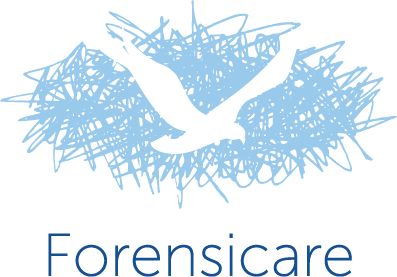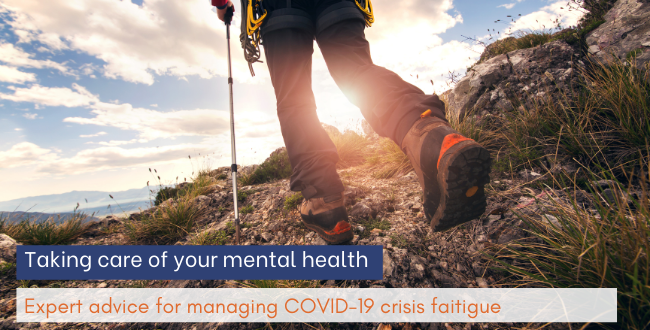Managing crisis fatigue | Expert mental health advice during COVID-19
Is crisis fatigue hitting you hard? You’re not alone.
When we think back over the past six months, many common (and what might now feel like overused!) words come to mind. Unprecedented. Uncertain. Stressful. Overwhelming.
We know that our bodies are well adapted to handle temporary stress. Many of us even thrive with temporary stress. But when the stress is constant and unrelenting, such as that which COVID-19 has brought with it, the pressure can become overwhelming.
In this issue of the Ascent, our internal well-being staff newsletter, we discuss “crisis fatigue”, and how it’s not uncommon to be feeling a little burnt out right now.
COVID-19 and stress
Six months into the COVID-19 pandemic and our daily lives now include so much stress and uncertainty. Alongside work deadlines, increasing childcare responsibilities, managing an uncertain financial situation and the demands of remote working, we are now also navigating daily dilemmas that we’ve never had to consider before.
Should I wipe down my groceries? How do I stay fit without the gym? How long should I leave a mail delivery before I touch it? Should I shed my work clothes before I enter my house? We have faced one stressor after another and might be feeling like we have nowhere to hide and fewer and fewer ways to cope.
In the short term, our stress response can be adaptive; preparing us to fight or flight in order to survive (or thrive). However, when our bodies remain in crisis mode in the face of unrelenting stress, cortisol and adrenaline can have a negative impact on our physical and mental wellbeing.
Many of us are now experiencing “crisis fatigue”
Or as it has also been termed, “pandemic fatigue” or “disaster fatigue”. This is the effects of feeling overwhelmed and numb, as our body attempts to adapt to chronic levels of stress.
The stages of “crisis”
According to Dr Petros Levounis, a Professor of Psychiatry in New Jersey, USA, we go through four stages in response to a crisis.
The first is the heroic phase. This is where everyone bands together at the outset of a crisis, doing what needs to be done to get through.
Second is the honeymoon phase, where people generally feel pretty good about ‘being in the same boat’ as others who are also taking the necessary steps to get through a shared crisis. This can bring about a sense of community and connection.
The third stage is the disillusionment phase, where we begin to experience physical and emotional exhaustion, irritation and perhaps even rage and despair.
The fourth and final state is fatigue. The human body can’t sustain a high adrenaline state for a long period of time. This makes a crash or burnout inevitable. In this stage, we might be easily triggered or completely withdrawn from everyone and everything around us. We might also start to engage in more risky behaviours.
Right now, many of us are experiencing disillusionment and fatigue.
But it’s not the kind of tired that a bit of extra sleep alone can fix. In the face of increasing pressure, the stages of crisis show that we go from being proactive in our response to threat, to just trying to survive. We need to rest in order to keep going.
How can we rest while experiencing crisis faitigue?
Rest can occur in all kinds of ways.
Dr Saundra Dalton-Smith (Sacred Rest, 2018) has identified seven different types of rest that might be useful to consider at this time.
Physical rest.
As the physiology of stress can take a negative toll on our bodies, we need to find opportunities for time out. Making sure we are getting adequate sleep is a good start. Practice good sleep hygiene. Use a daily routine to prepare for bed to promote quality sleep. You could also try some mindful breathing to help clear your mind and progressive muscle relaxation to help ease muscle tension.
Mental rest.
Chronic stress also burdens our mental acuity. If you’re experiencing difficulty in thinking clearly, focusing, making decisions and difficulty in shutting off after work, give mindfulness a go. It might be just what you need to help clear your mind and reduce that mental fatigue.
Creative rest.
We need a rest from creativity. This one might sound strange, but over the past six months we have had to constantly think of creative ways to work and connect with others. Every now and then, try to disengage from the constant pressure to generate new ideas. Instead, go for a walk, read a book, watch a movie or listen to your favourite music. Take the pressure off yourself for at least a little while.
Social rest.
It might seem a little strange to be suggesting we need a rest from socialising during a time when our social lives have suffered so much. But the reality is that many of us are feeling “zoomed out” and probably well and truly over connecting via virtual platforms. Perhaps you might need some time to focus on truly connecting with a select few who will let you be yourself, without expectation or judgement – people with whom you can just “be”.
Emotional rest.
These last few months have been emotionally exhausting. Don’t hold back on reaching out for help. If you are noticing persistent anxiety, apathy and numbness, or overwhelming emotional responses that are impacting on your functioning and your relationships, consider seeking support from someone who can help you move through these feelings and identify additional strategies for coping.
Spiritual rest.
If you’ve been feeling unanchored, this might be the type of rest you need. It might come in the form of religion or spirituality, or in finding meaning or reconnecting with your purpose. Anything that helps you to feel more grounded and provide some context, can help.
And finally, Sensory rest.
We’ve been tuned in to our screens for any and everything for a while now. It might be time to take a break and get back to basics. Engage with anything that soothes your five senses. Grounding techniques that tap into your senses such as savouring your favourite food (taste) or smell or are a great way to calm your stress response.
Need support?
You’re not alone. Life is extra challenging right now, and it’s okay to not be okay.
Lifeline: 13 14 11
Carers Australia: 1800 242 636
Kids Help Line: 1800 55 1800
This story was brought to you by the Thomas Embling Hospital Reflective Practice team: Dr Meera Aurora, Principal Psychologist, Dr Diana Talevski Acting Principal Psychologist and Dr Bonnie Albrecht, Senior Psychologist. This team helps our staff with their own mental health and well-being while they provide care for our consumers.





